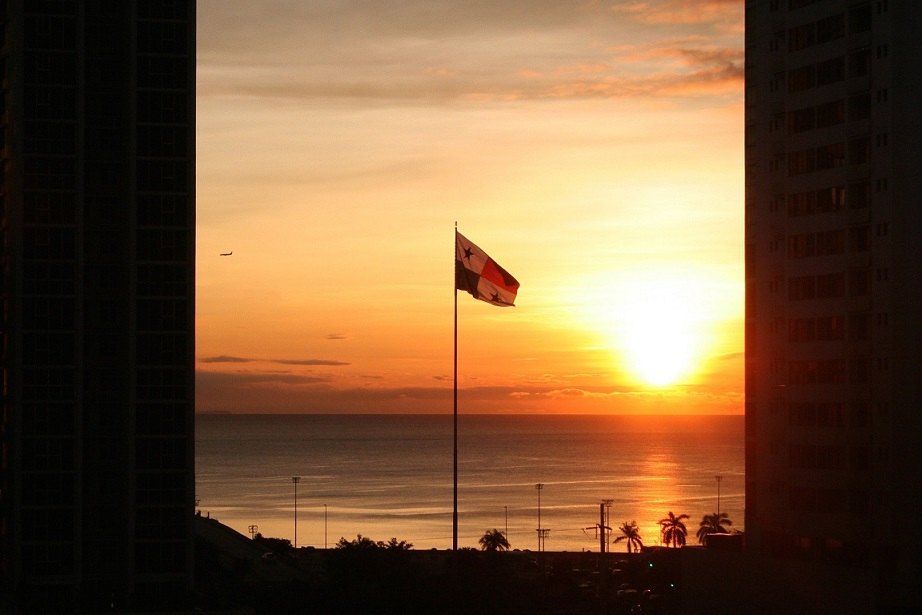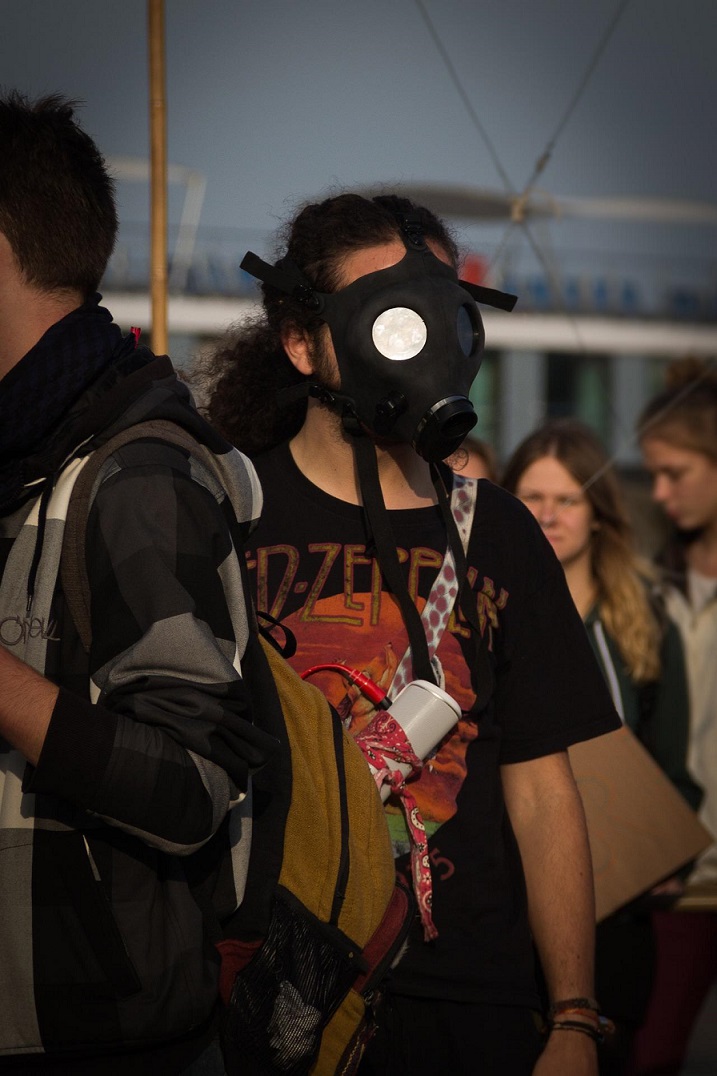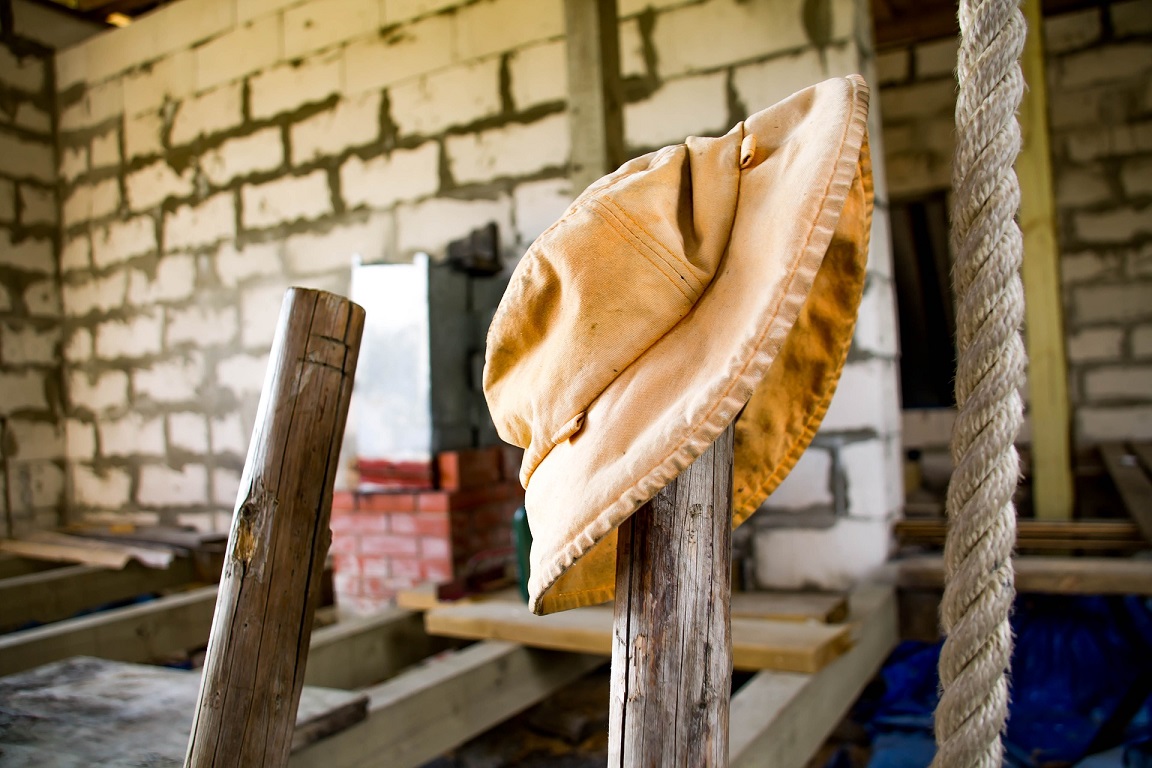In Panama, in July 2022, the accumulation of serious problems afflicting a population already desperate in the face of high fuel, food and electricity prices, the social security debacle, unemployment and the informal labour market, with no short-term solutions, led to popular mobilisations in defence of life.
 The wave of protests that shook the country and paralysed the mobility of people and the economy forced the government to sit down at a single dialogue table and seek palliative solutions to the social crisis caused by the high cost of living.
The wave of protests that shook the country and paralysed the mobility of people and the economy forced the government to sit down at a single dialogue table and seek palliative solutions to the social crisis caused by the high cost of living.
The people exercised what we call participatory democracy and began to build a model of society where they are capable not only of electing their leaders, but also of ordering the taking of measures for the benefit of the majorities.
This is what Saúl Méndez, lawyer and former presidential candidate in 2019, tells us. For him, the commemoration of 59 years since the 9th of January, when young students led a popular rebellion in defence of the flag and sovereignty in the Panama Canal, “was the corollary of epic battles of Panamanians for their self-determination throughout their history in the colonial period against the Spanish army and in the republican period, also against military dictatorships and the US empire and its constant interference, and then in times of democracy”.
In a dialogue with the press, he said that “unfortunately after the gringo invasion in 1989, the traditional parties managed to liquidate the armed forces and manipulate, co-opt and thus weaken the student movements and trade unions, but since then a process of reorganisation of the popular forces opposed to a tutelage relationship with the United States began to take shape.
 He affirms that today the popular rebellion is more relevant than ever and that the debate of ideas and the raising of awareness require the greatest efforts of social and popular organisations.
He affirms that today the popular rebellion is more relevant than ever and that the debate of ideas and the raising of awareness require the greatest efforts of social and popular organisations.
2022 was the year of the largest social protests against the high cost of living since the US invasion in 1989. Following the demonstrations, with the Catholic Church as facilitator, the executive established a Single Roundtable for Dialogue and advanced some actions.
However, there was always a need for a second phase “to assess the structural issues of the failed neoliberal model”, but, he adds, “once again the business sector with its manoeuvres is hindering any initiative of rapprochement”.
Faced with this boycott of the talks, he explains that they see it as “the hijacking of the dialogue by the elites and the complicity of the executive”.
And in the midst of rising prices for basic products and services, among other vicissitudes, he states that “the situation will force the people’s resistance to return to the streets and take control of the country”.
In his opinion, this year’s scenario is very complex and will become more acute with the unresolved material problems of the population and the interruption of the national dialogue by private businessmen and the government.
“The popular movement will also have to redouble its efforts to confront the situation, without being able to count on a consolidated alternative such as the party in formation, the Broad Front for Democracy (FAD), which will not be able to register for the 2024 general elections, but which we will continue to build,” he says.
However, “as part of a process of maturing of social fighters”, “as a necessary way of educating the people about the model of a more just and equitable country that we want”, the progressive forces launched the candidacy of Professor Maribel Gordón for the general elections of 2024. Although they have also launched some 32 free nomination candidates for other popularly elected positions such as deputies, mayors and township representatives.
 “The Panamanian experience is part of that trend in Latin America in which the people go out to fight in the streets but also take control of the government and the different spaces where decisions are made,” concludes Méndez.
“The Panamanian experience is part of that trend in Latin America in which the people go out to fight in the streets but also take control of the government and the different spaces where decisions are made,” concludes Méndez.
(Translated by Cristina Popa – Email: gcpopa83@gmail.com) – Photos:Pixabay












.jpg)












